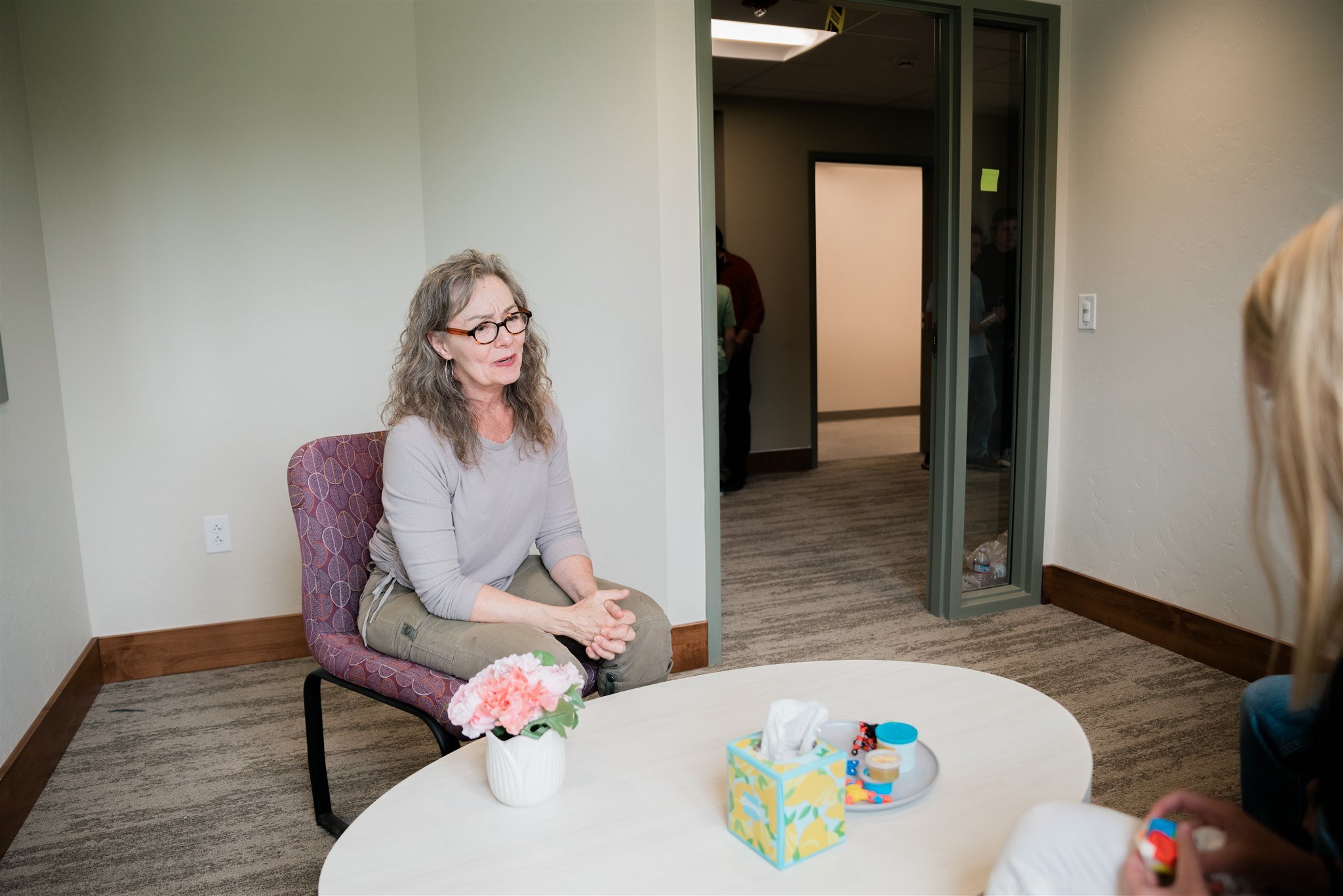Idaho Youth Ranch
Subscribe to our blog
The phrase “they did the best they could” is often used to acknowledge the challenges parents face while raising children, and as a way to empathize with their struggles. However, it is important to consider whether this phrase truly serves the mental health community and those seeking support. In this article, we will examine the potential consequences of this phrase and explore alternative perspectives.
When using the phrase “they did the best they could,” it is essential to recognize how this statement may inadvertently remove accountability from both parents and the youth being treated. By delving deeper into the potential consequences of this phrase, we can gain a better understanding of its impact on the therapeutic process.
I. The Implications of “They Did the Best They Could
1. Parental Accountability
-
-
Diminished Motivation for Change
When parents are repeatedly told that they did the best they could, they might feel less motivated to examine their own behaviors and make necessary changes. This lack of self-reflection can hinder personal growth, thereby perpetuating harmful patterns that may have a lasting impact on their children.
-
-
-
Externalization of Responsibility
The phrase may also lead parents to externalize responsibility for their actions, attributing them to external factors (e.g., stress, lack of resources) rather than recognizing their own role in creating and maintaining family dynamics. This externalization can prevent parents from developing empathy, understanding the effects of their behavior on their children, and taking steps to repair the relationship.
-
2. Youth Accountability
-
-
Undermining Personal Agency
When the phrase “they did the best they could” is used in reference to parents, it may unintentionally send a message to the youth that they have limited control over their own lives and well-being. This can undermine their sense of personal agency and discourage them from developing their own coping strategies and resilience in the face of adversity.
-
-
-
Perpetuating Victim Mentality
In some cases, the phrase might contribute to the development of a victim mentality in the youth being treated. By continually focusing on the idea that their parents did the best they could, the youth may feel trapped in their circumstances and powerless to change their situation. This mindset can hinder their ability to take responsibility for their own actions and seek out resources that could promote healing and personal growth.
-
II. Alternative Perspectives for Understanding Parental Behavior
1. Recognizing the Complexity of Parenting
Acknowledge that parenting is a multifaceted endeavor influenced by various factors, including personal histories, mental health, socioeconomic status, and cultural context. This nuanced perspective can help therapists better understand and address the unique challenges faced by families
Example: A counselor working with a family struggling with generational patterns of substance abuse might consider the broader social and historical factors that have contributed to these patterns while still acknowledging the personal responsibility of the individuals involved.
2. Encouraging Personal Growth and Accountability
Encourage both parents and children to reflect on their actions, consider the impact on others, and take responsibility for their behavior. This approach fosters personal growth and healthier relationships within families.
Example: A therapist might ask a parent to consider how their own childhood experiences have influenced their parenting style, and explore ways to break the cycle of harmful behaviors.
3. Validating the Experiences of Those Affected
Acknowledge and validate the feelings and experiences of individuals affected by their parents’ actions. Empathy and understanding can facilitate emotional healing and help clients process their emotions more effectively.
Example: A therapist might validate a client’s feelings of anger or disappointment toward their parents while also helping them explore the underlying reasons for these emotions.
III. Shifting the Focus to Trauma-Informed Care
1. Understanding the Effects of Adverse Childhood Experiences (ACEs)
Adopt a trauma-informed approach to working with families by recognizing the impact of adverse childhood experiences on mental health and overall well-being. This can help therapists identify and address underlying issues that may be contributing to current struggles.
Example: A counselor might explore how a client’s history of childhood neglect has influenced their ability to form secure attachments in adulthood.
2. Building Resilience and Coping Skills
Help clients develop effective coping strategies to manage the impact of past trauma, fostering resilience and promoting healing.
Example: A therapist might teach a client grounding techniques to manage anxiety stemming from past traumatic experiences.
3. Supporting Healthy Family Dynamics
Encourage open communication, mutual respect, and empathy within families, promoting healthier relationships and addressing issues that may have been previously minimized or overlooked.
Example: A therapist might guide a family in practicing active listening and assertive communication skills during conflict resolution.
Conclusion: While the phrase “they did the best they could” is often well-intentioned, it may inadvertently minimize the impact of parental behavior and neglect personal accountability. By inadvertently removing accountability from both parents and the youth being treated, the phrase can hinder personal growth, change, and healing.
By adopting alternative perspectives and focusing on trauma-informed care, counselors and therapists can better support clients in their healing journey by fostering personal growth and promoting healthier family dynamics. Recognizing the complexity of parenting and validating the experiences of those affected can facilitate emotional healing and encourage accountability for both parents and their children.
Ultimately, retiring the phrase “they did the best they could” may open the door for more nuanced and effective therapeutic interventions, empowering individuals and families to overcome the challenges posed by intergenerational patterns and adverse childhood experiences.





Leave a Comment